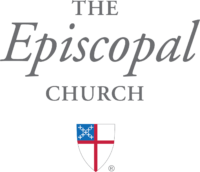Weddings
At the Episcopal Church of the Ascension, we believe Holy Matrimony is a sacrament—a sacred covenant of love, faithfulness, and lifelong commitment. We celebrate marriage as a partnership of equals, where two people pledge to walk together in God’s grace, supporting one another in joy and in challenge.
Rooted in ancient Christian tradition and open to the Spirit’s movement today, we affirm marriage for all couples, regardless of gender or orientation. In every wedding, the vows are made not only between the couple, but also within the presence of God and the gathered community, who promise to uphold and support them in their life together.
For us, marriage is more than a ceremony—it is a journey of love and discipleship, a way of experiencing God’s presence in everyday life, and a witness to the power of Christ’s love made real in human relationships.
Frequently Asked Questions about
Marriage and Weddings
What is required for marriage in the Episcopal Church?
At least one party must be a baptized Christian. The ceremony must be witnessed by at least two people, and the marriage must comply with both the state laws and the canons of the Church. .
Is pre-marital counseling required?
Yes. Couples are required to meet with the priest who will solemnize the marriage. At least three sessions are scheduled to discuss the meaning of Christian marriage. The couple and priest will work to find mutually agreeable times well before the wedding.
What is required if I am divorced or have been married before?
Canon Law prohibits remarrying without the bishop’s consent. The Church of the Ascension and the Episcopal Diocese of Atlanta require a waiting period of one year after a divorce before a person may remarry in the Church. Couples must provide divorce decrees and counseling records 45 days in advance for the bishop’s consent, which may take up to 30 days to receive.
How far in advance should I request a wedding date?
While the Episcopal Church requires at least 30 days notice, we recommend scheduling weddings 12-16 months in advance. Note that weddings are not held during Lent, the penitential season before Easter. We will do our best to accommodate your preferred date, but we are an active church with many events.
Does the church need a copy of my marriage license?
Yes. A marriage license from the state of Georgia is required. Both parties must be present to apply for the license. Copies should be submitted at least two weeks before the wedding. The priest cannot officiate without the license. After the wedding, the license will be returned by mail.
Can two people of the same gender get married at Ascension?
Absolutely. In the Episcopal Church, same-sex marriage is celebrated and fully recognized. The church officially approved the rite for same-sex marriages in 2015, following the U.S. Supreme Court’s decision to legalize same-sex marriage nationwide. This decision came after a series of discussions and theological reflections on marriage, equality, and justice.
Do you rent out the church for weddings?
We do not rent out the church to outside parties. However, if you are a member of another Episcopal Church and wish to be married here in Cartersville, please have your rector contact our priest.
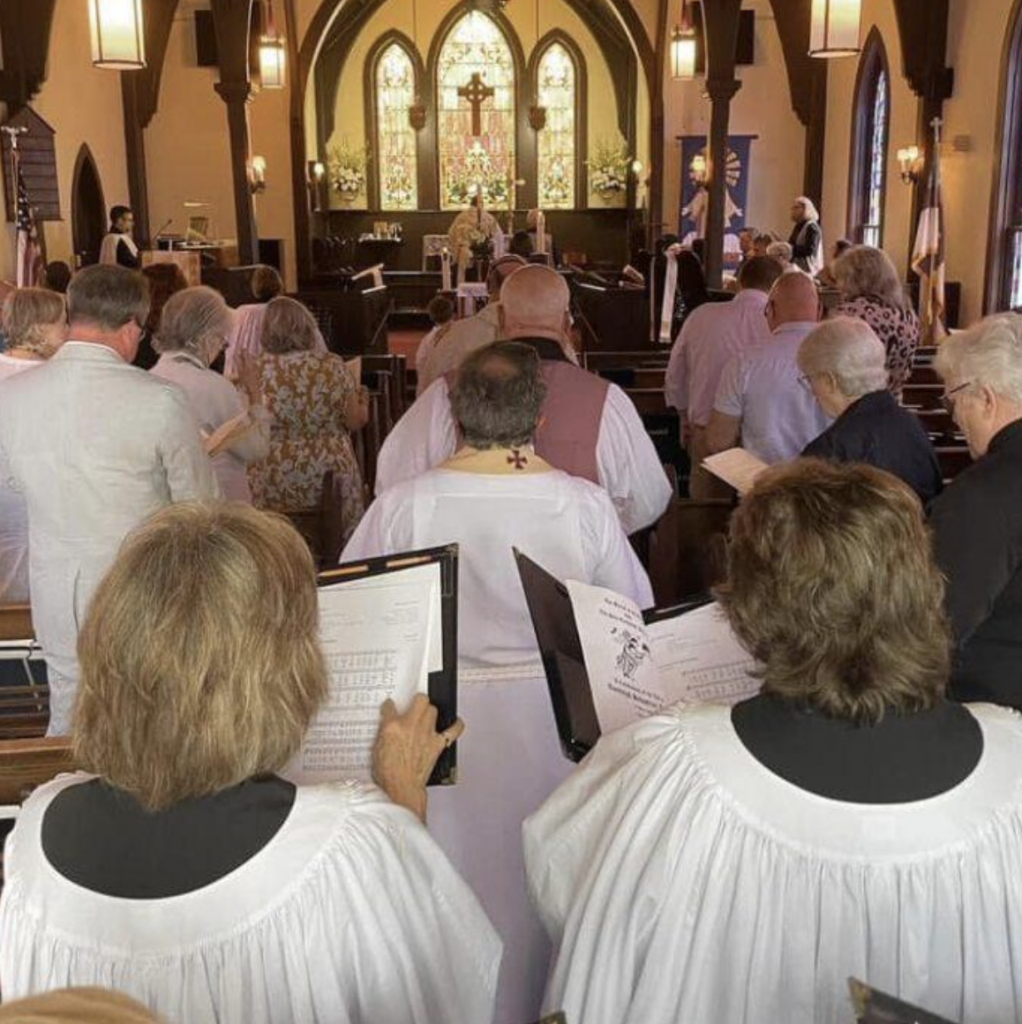
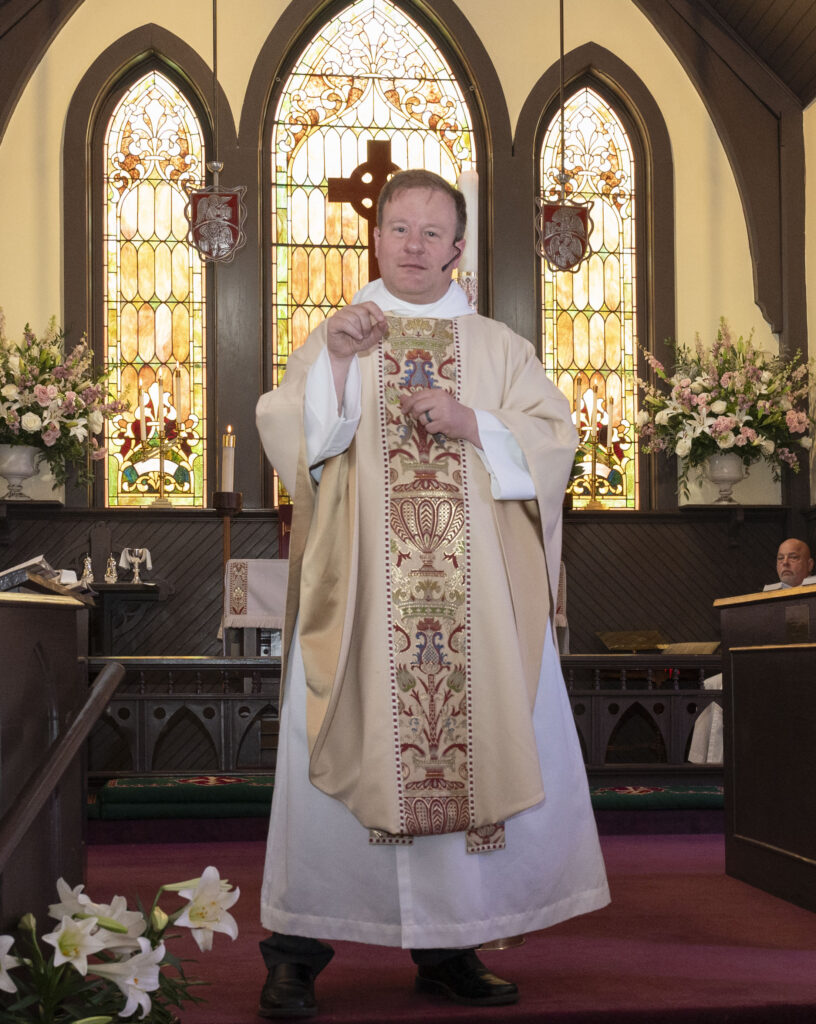
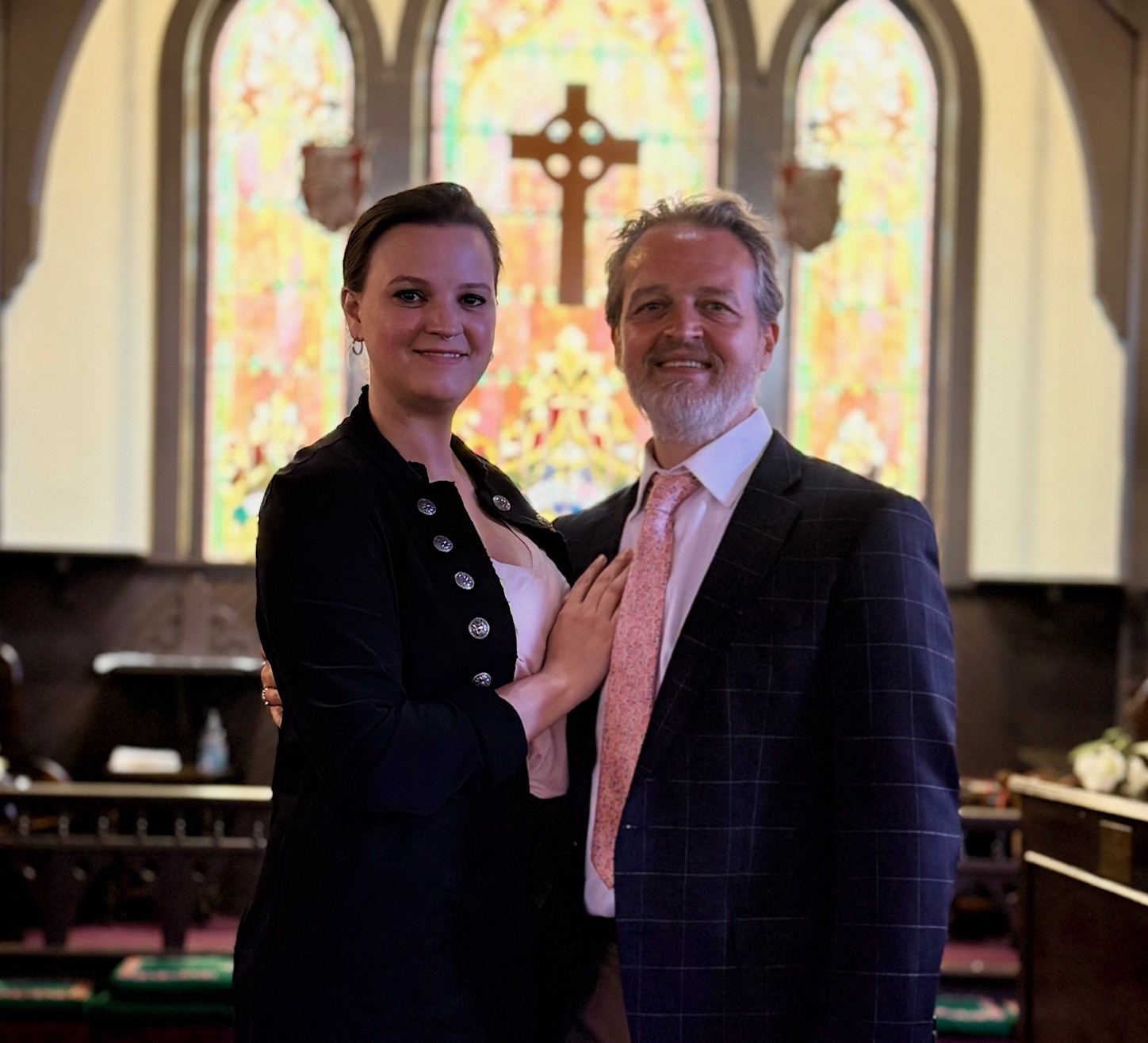
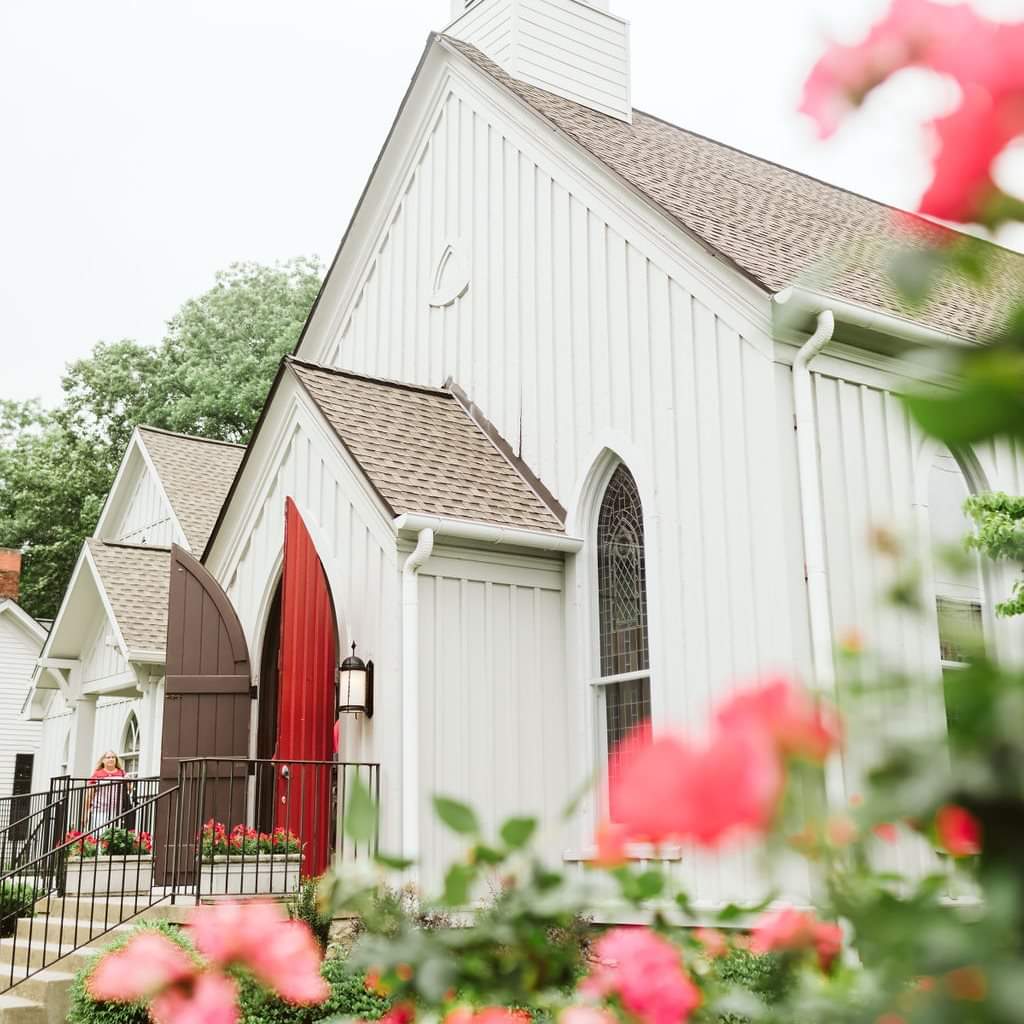



 205 West Cherokee Avenue
205 West Cherokee Avenue 770-382-2626
770-382-2626
